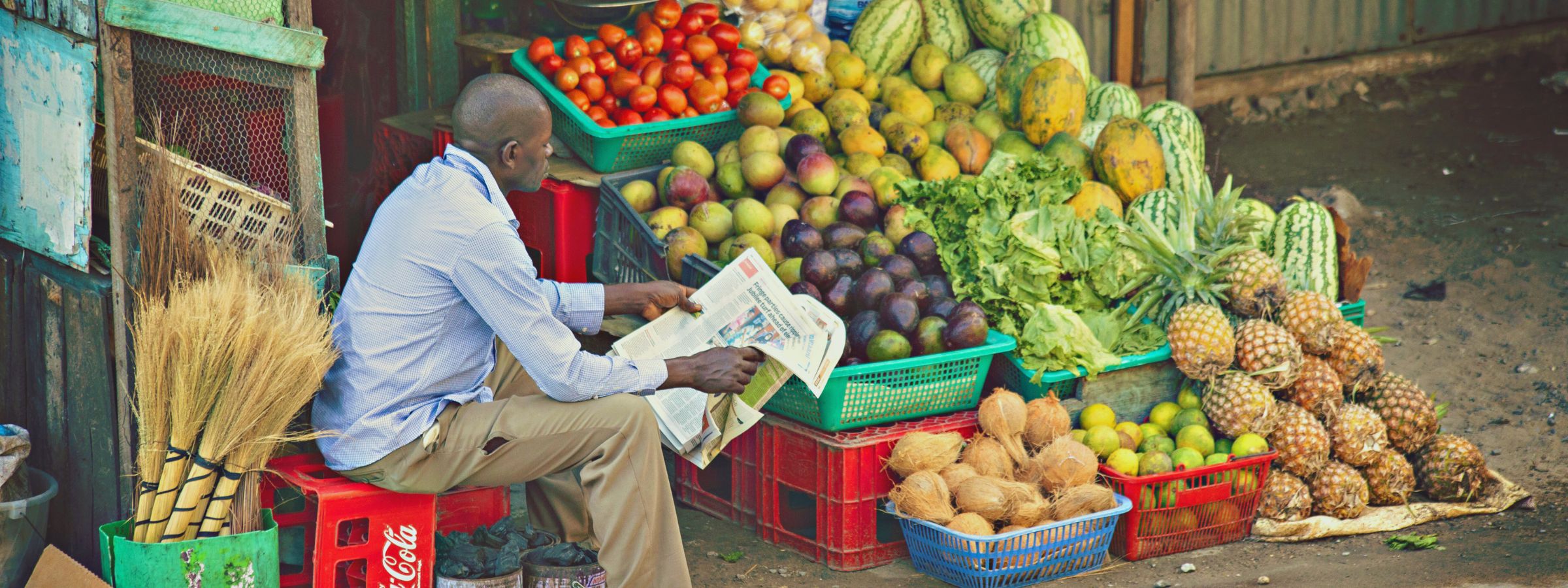By Barry Cooper, Technical Director at The Centre for Financial Regulation and Inclusion (CENFRI)
 |
The Universal Declaration of Human Rights enshrines our right to education, employment, food, clothing, housing, medical care and more. With financial exclusion currently preventing large parts of society from exercising those rights, policymakers have it in their power to improve the situation. Article 22 of the Declaration establishes our right to social security and to economic rights. The current financial services system effectively excludes a large segment of society from participating in the formal economy, with devastating effects on their livelihood. |
Let’s consider the case of remittances, a vital lifeline for millions, particularly in Africa, where over USD 100 billion flows into the continent annually from a migrant workforce of 40 million individuals worldwide.
Remittances also contribute significantly to the Sustainable Development Goals, including poverty reduction, food security, climate resilience, and economic stability. But frustratingly, remittances are still painfully inefficient, costly, and inaccessible to many vulnerable populations.
International money operators maintain rigid rules designed for middle- and high-income jurisdictions that don’t apply to the local context. Complex and outdated customer due diligence procedures intimidate underbanked populations. Punitive exchange rates and convoluted value chains render remittance transfer costs unaffordable to most low-income households.
At CENFRI, we’ve seen that illiterate people have considerable challenges in collecting their formal remittances, often abandoning them. Unable to fill out the required, often lengthy, paperwork, they give up and go home, as the required cost in time and transport is not worth the risk of being rejected once more. Those remittances are typically returned and then resent using informal channels. Ironically, inappropriate risk mitigation measures in the formal financial system can drive good, law-abiding people into the influence of informal and even illicit networks. But it doesn’t need to be this way.
Through smart use of technology – combined with policy innovation – we can make remittances affordable, convenient and efficient, even for those without high literacy skills. Based on current test case results and from work on the IFAD FFR Remittances Toolkit, CENFRI estimates that by digitizing processes and making use of information already available on centralized systems, we could increase the number of people who collect remittances by 40% without increasing branch networks nor staff.
Unfortunately, past case studies indicate that people without access to digital services are inevitably left behind, stranded on the wrong side of a deepening, digital divide. Fortunately, more recent IFAD Remittance Access Initiative case studies in Know Your Customer (KYC) innovation indicate that technology can be redirected to bridge the digital divide rather than perpetuate it, particularly for less-literate people.
Digital infrastructure – applied in innovative ways – can allow financial service providers who have traditionally concentrated on middle- and upper-income brackets, to reach, and profitably serve, low-income customers. Economies where all can participate will be cohesive, stable, and robust – helpful in an age of climate crisis and political upheaval. The network effects of an inclusive financial sector underpin affordability and promote scale and economic activity – which in turn promotes the real fulfillment of human rights beyond paper promises.
For too long, vulnerable populations have been paying the price for costly, mismanaged and inefficient financial constructs that were created haphazardly over many years. But regulators and policymakers control the levers that can bring about change. All it takes is a few brave and innovative souls, revised legislation, and tons of cross-sectoral guidance to unlock policies’ potential to protect human rights and economic stability.

